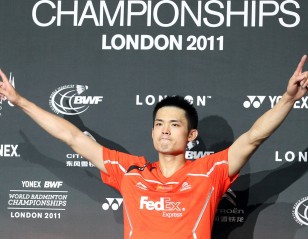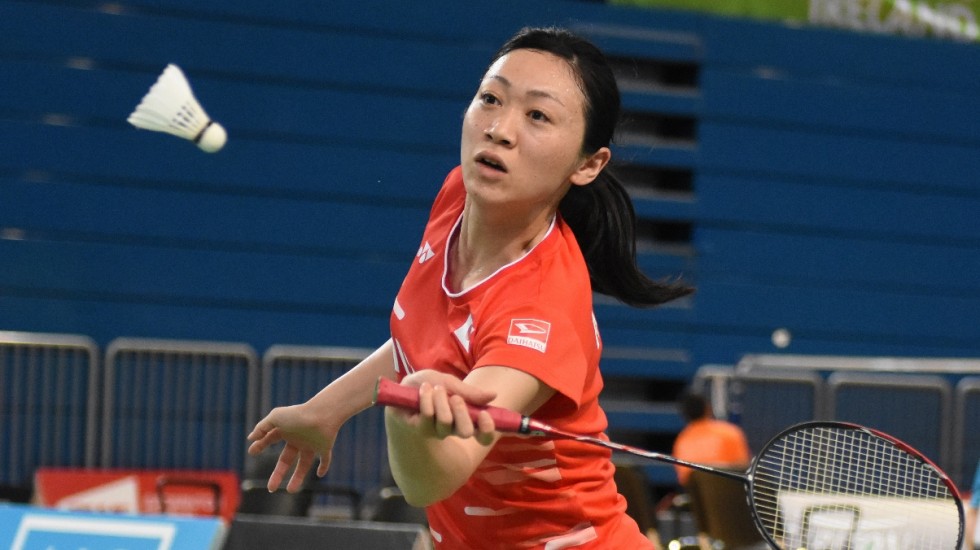
Awesome Threesome of SU5 – Para Badminton World C’Ships
The TOTAL BWF Para-Badminton World Championships in Basel, Switzerland will see 240 athletes compete on a stage that is not only set to crown the next world champion but is seen as the main focus point before Tokyo 2020.
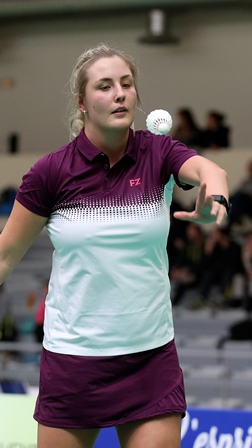
Ever since it was announced that Para badminton will be included in the Paralympics programme in Tokyo 2020, the athletes have set their sights on that coveted top step of the podium.
Although the whole Japanese Para badminton team is gearing up for home glory, only one of their women singles players is currently ranked No.1 in her sport class – Ayako Suzuki who competes in the Standing Upper (SU5) category.
Suzuki comes to Basel as the reigning world champion in SU5 but the woman she defeated in 2017 in Ulsan, Korea – Yang Qiuxia – has had a good run since then. Yang of China won the Asian Para Games 2018 title in Jakarta defeating Suzuki in the final.
Suzuki can also expect to face off against Europe’s top SU5 female athlete Cathrine Rosengren of Denmark who will be seeking to avenge her World Championships 2017 semifinal loss to Suzuki.
This year, however, has belonged to Yang with wins over Suzuki that include the 2nd Fazza Dubai International 2019 in the finals and the semifinal of the Turkey International 2019. Yang has also proved a stumbling block for Rosengren.
Since the start of the Paralympic qualification events in 2019, Rosengren has had to settle for second place behind Suzuki at the FZ Forza Irish Para-Badminton International and Yonex Canada Para-Badminton International. She also fell victim to Yang in the semifinals in Dubai and finals at the 5th Turkish Para-Badminton – ENESCUP 2019.
While the year’s results may provide fans with some idea as to how things will shape up in Basel, there are factors that could turn the tables for any of these three women.
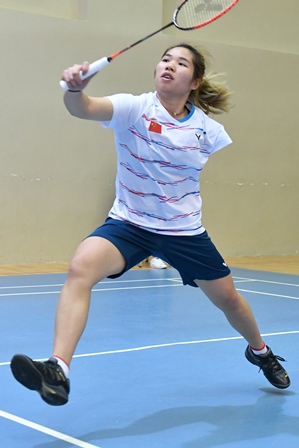
Compared to Suzuki’s 10 years on the international circuit, Rosengren has only three in Para badminton but she debuted big by winning that first tournament, the European Championships in 2016. And Rosengren is an old hand at the sport of badminton, having started playing at age nine and participating in able-bodied competitions.
Rosengren, who does not see herself as having a disability, intends to continue playing with able-bodied athletes while focusing on the Para badminton tournaments that will lead her to Paralympic glory.
Yang, whose left arm was amputated due to a snake bite, has been playing Para badminton since 2011 and made her international debut at the China Open in 2015. Since then, she has been the one to watch, with youth and skill giving her an edge.
Yang and Rosengren’s advantage over Suzuki might be age as both are at least a decade younger but all eyes will be on Suzuki, who at 31, is determined to win gold in Basel and in Tokyo.
Apart from her on-court prowess, Suzuki is known for her willpower and desire to succeed, something which she says cannot be attained simply through practice.
Coaches and teammates label her as courageous for her ability to find the mental strength to change things around to her advantage even when a match is going against her.
While Suzuki herself sees Para badminton as a psychological game, she does not discount the physical requirement of the sport. Suzuki says, “Chinese athletes will keep training hard. That is why I have to train harder. I will get the gold in Tokyo!”
World Championships News
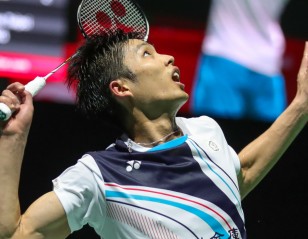
Lessons Learnt, Parting Perspectives 14 September 2019
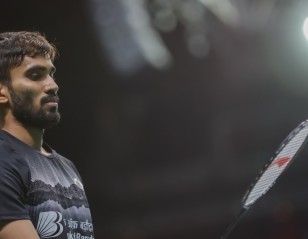
Kidambi Srikanth – A Search for Form 13 September 2019
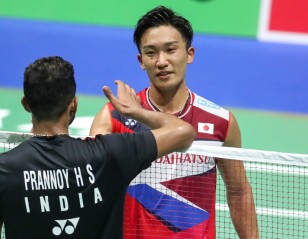
Momota, in the Eyes of his Opponents 12 September 2019
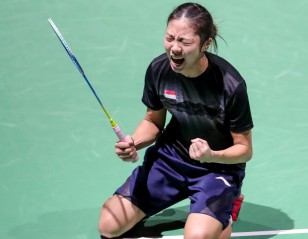
Recap: Upsets at the World Championships 10 September 2019
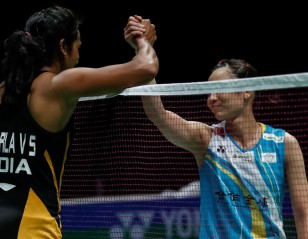
Recap: Memorable Matches of the World Championships 8 September 2019
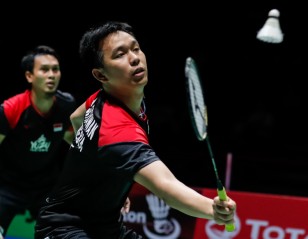
Highlights of the World Championships 7 September 2019
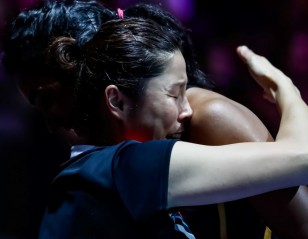
Played ‘Two’ Perfection – Basel 2019 4 September 2019

Badminton, Ice Hockey and the World Championships 4 September 2019

Three-Event Titan – 25th Edition World C’ships 3 September 2019
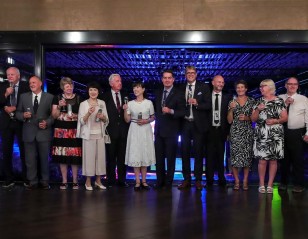
Legends of ’77 – 25th Edition World C’Ships 31 August 2019
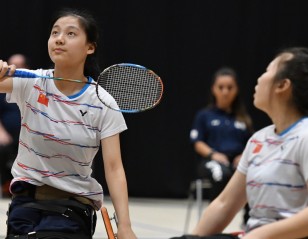
Para Badminton Event Comes to a Close – Basel 2019 27 August 2019
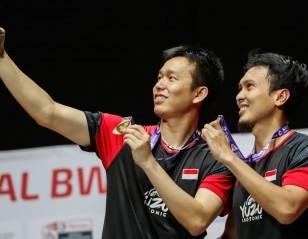
Wristy Trickery Wins the Day – Basel 2019 26 August 2019
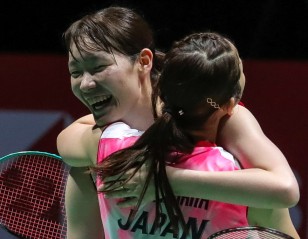
Great Comeback Falls Short – Basel 2019 26 August 2019
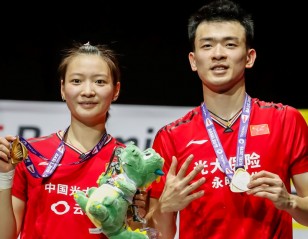
Mixed Doubles ‘Great Wall’ Intact – Basel 2019 26 August 2019
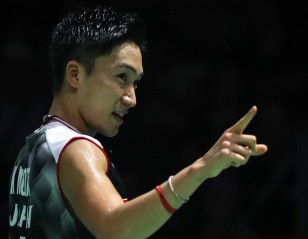
Antonsen Bows to Momota’s Class – Basel 2019 25 August 2019
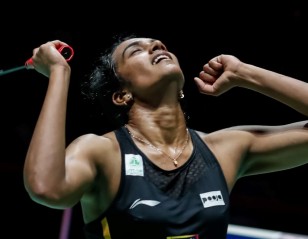
Gold – At Last! – Basel 2019 25 August 2019
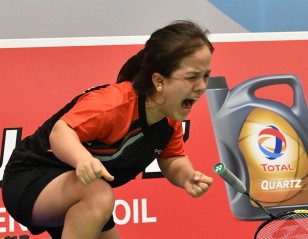
Poveda Makes It a First for Peru – Basel 2019 25 August 2019
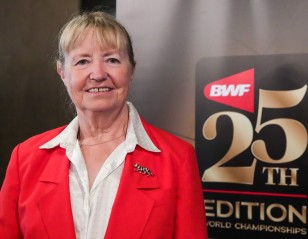
Legend Who Broke Records and Paved the Way for Future Stars –... 25 August 2019
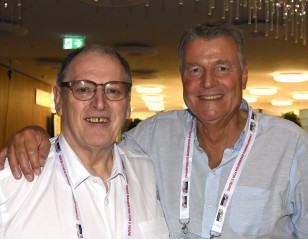
Ray’s a Real Sport – 25th Edition World C’Ships 25 August 2019
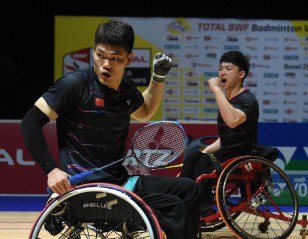
China Take Two Gold – Basel 2019 25 August 2019
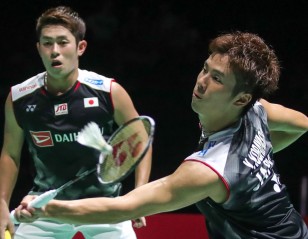
‘Upsetting’ Night for China – Basel 2019 24 August 2019
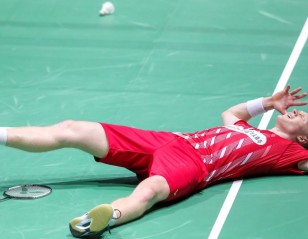
Antonsen’s ‘Insane’ Dream – Basel 2019 24 August 2019
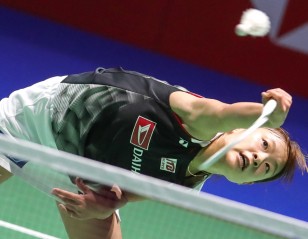
Glasgow ’17 on the Cards – Basel 2019 24 August 2019
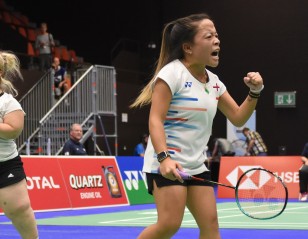
Five Down, Seventeen to Go – Basel 2019 24 August 2019
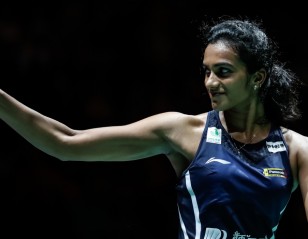
Sindhu Assures Herself: Tomorrow Will Be Different 24 August 2019
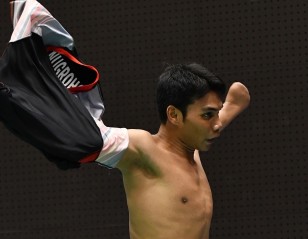
Para Badminton Athletes Turn It Up a Notch – Basel 2019 24 August 2019
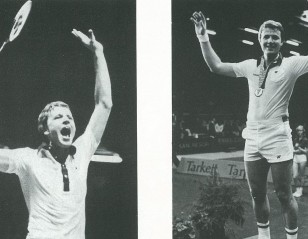
Flaming Dane Set Courts Aglow – 25th Edition World C’Ships 24 August 2019
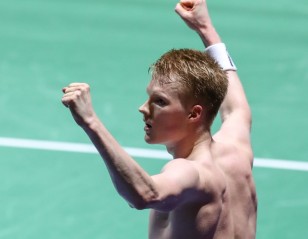
Antonsen Delivers for Europe – Basel 2019 23 August 2019
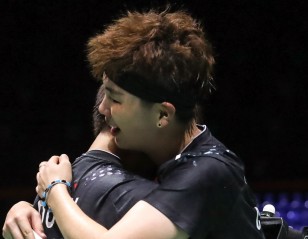
Du/Li Stand Tall After 2-Hour Epic – Basel 2019 23 August 2019
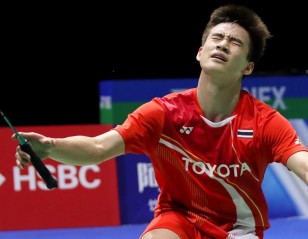
Kantaphon Leads Thailand’s Record Haul – Basel 2019 23 August 2019
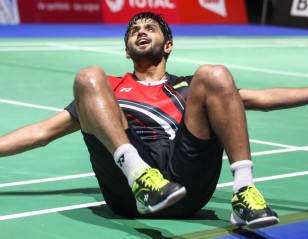
Sensational Session for India – Basel 2019 23 August 2019
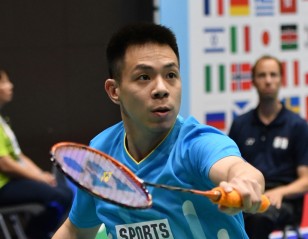
Tall Order for Standing Men – Basel 2019 23 August 2019
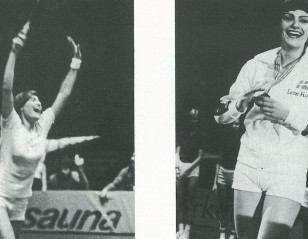
Crowd Pleasing Superstar – 25th Edition World C’Ships 23 August 2019
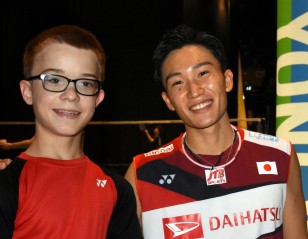
Teenage Shuttler Meets His Idol – Basel 2019 23 August 2019
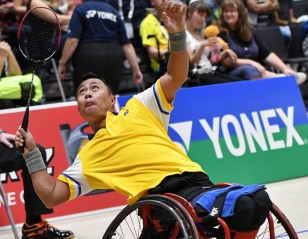
Wheelchair Top Seed Toppled – Basel 2019 23 August 2019
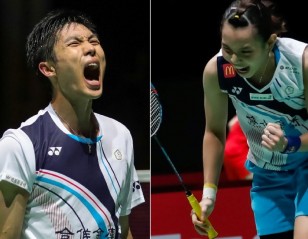
‘Two’ Much Trouble! – Basel 2019 22 August 2019
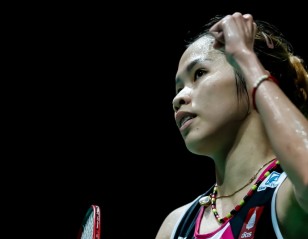
Intanon Survives Scare – Basel 2019 22 August 2019
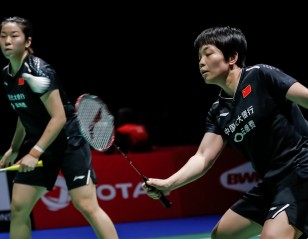
BWF Statement – TOTAL BWF World Championships 2019 22 August 2019
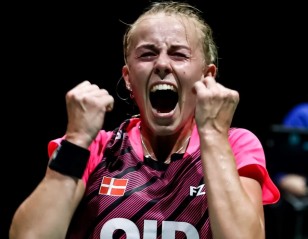
Belated Birthday Blitz! – Basel 2019 22 August 2019
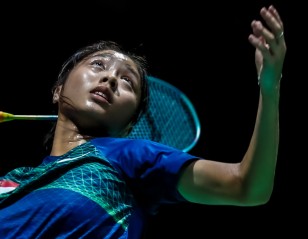
Back Problem Doesn’t Stall Jia Min – Basel 2019 22 August 2019
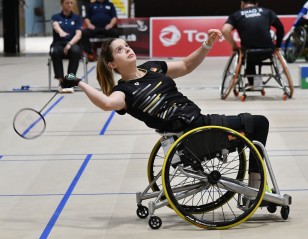
Girl Power – Basel 2019 22 August 2019
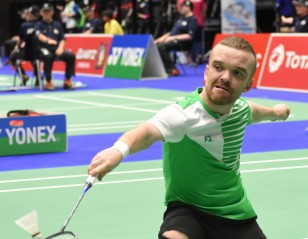
Group Rounds Move into Main Draw – Basel 2019 22 August 2019
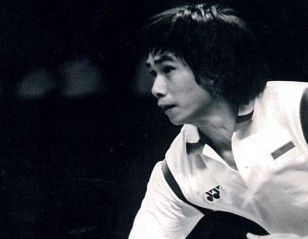
Lessons from the Seventies – 25th Edition World C’Ships 22 August 2019
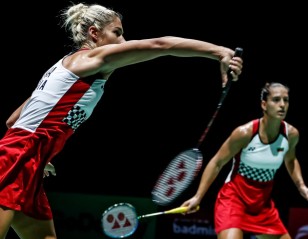
Women Getting in Gear – Basel 2019 21 August 2019
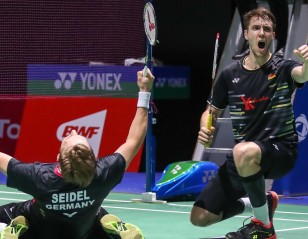
German Shock for Fifth Seeds – Basel 2019 21 August 2019
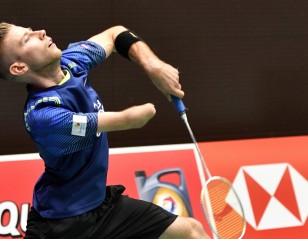
I Feel at Home says Mroz – Basel 2019 21 August 2019
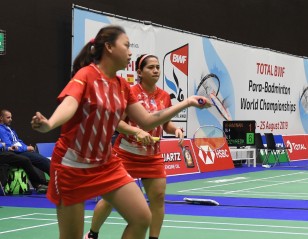
The Power of the Mind – Basel 2019 21 August 2019
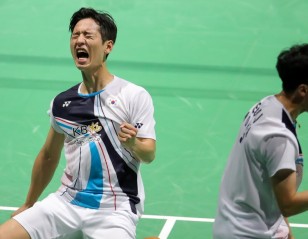
Minions Crash Land at Worlds Yet Again – Basel 2019 21 August 2019
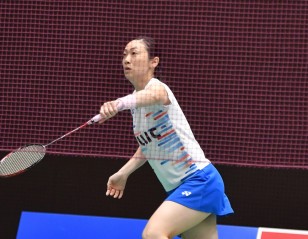
Suzuki Banks on Experience Over Age – Basel 2019 21 August 2019
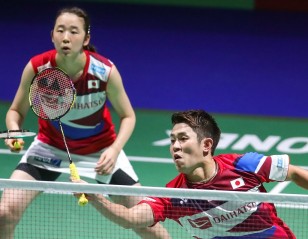
Nagahara ‘Mixing It Up’ – Basel 2019 20 August 2019
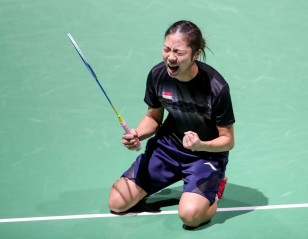
Jia Min Ousts Top Seed – Basel 2019 20 August 2019
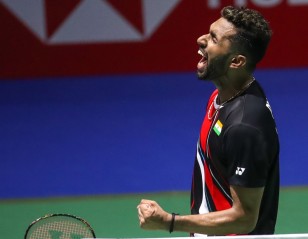
Lin’s Challenge Sputters Out – Basel 2019 20 August 2019
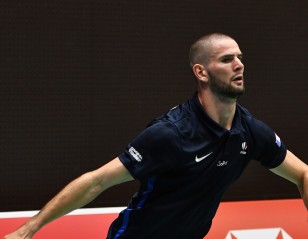
Mazur On Track to Retain Crown – Basel 2019 20 August 2019
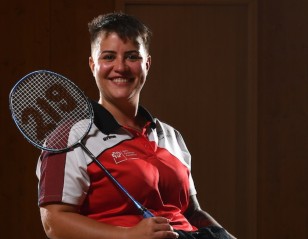
Trading One Set of Wheels for Another 20 August 2019
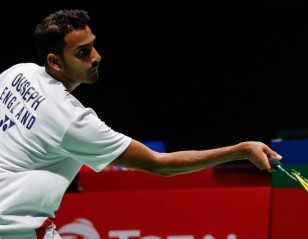
Ouseph Exits Stage, Bids Goodbye – Basel 2019 19 August 2019
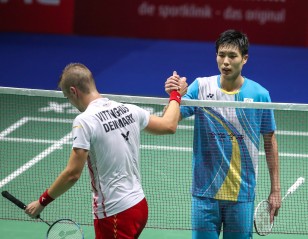
Chou Survives Danish Test – Basel 2019 19 August 2019
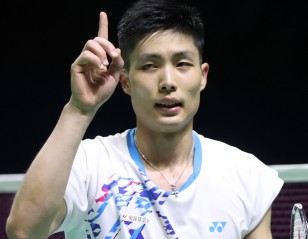
A Title Dedicated to a Battle Against Cancer 19 August 2019
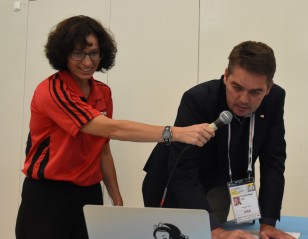
Draw Provides an Even Playing Field for All 18 August 2019
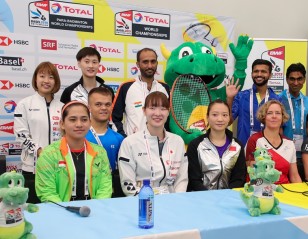
Para-llel Event a Unique Experience for Badminton Fraternity 18 August 2019
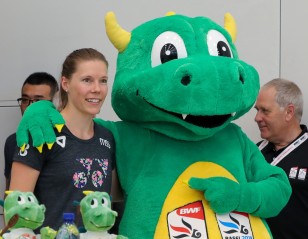
An Occasion to Cherish for Jaquet – Basel 2019 18 August 2019
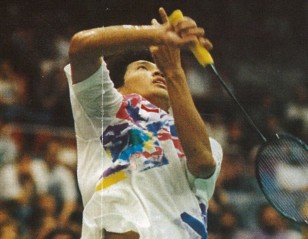
‘100 Watt Smash’ that Lit Up Lausanne – 25th Edition World C’Ships 17 August 2019
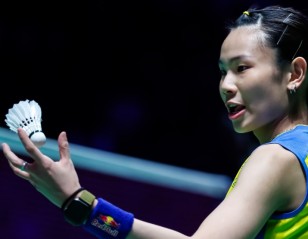
Preview: Worlds of Opportunity 17 August 2019
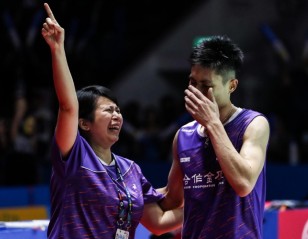
By Chou’s Side 16 August 2019
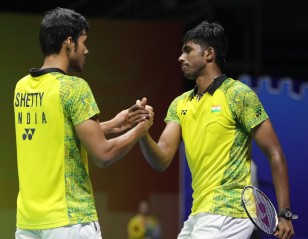
Satwik/Chirag to Miss World Championships 16 August 2019
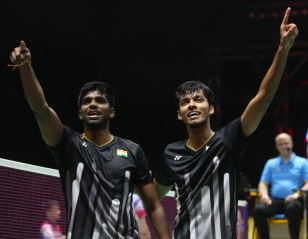
Indian Pair Blazes a Trail 15 August 2019
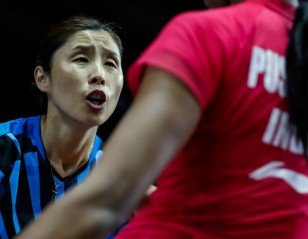
Life Lessons, From Coach Kim Ji Hyun 14 August 2019
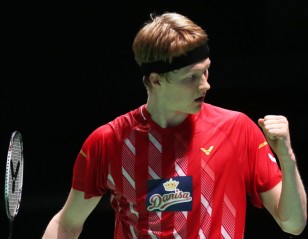
Free of Pressure, Antonsen Senses His Chance 13 August 2019
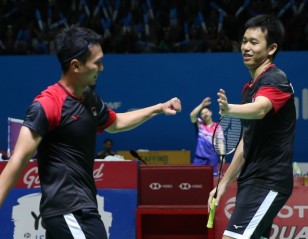
Ahsan/Hendra Play it Cool Despite Hot Form 11 August 2019
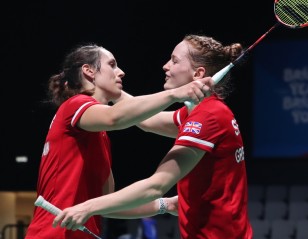
England Duo Anticipate Fruitful Week in Basel 10 August 2019

Women’s Singles Re-Draw – TOTAL BWF World Championships 2019 9 August 2019
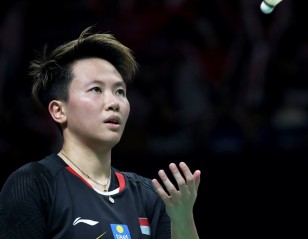
Winny Will Need Support: Liliyana Natsir 8 August 2019
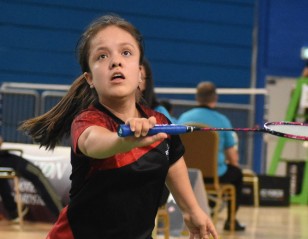
Sports Upbringing Gives Edge to Poveda 7 August 2019
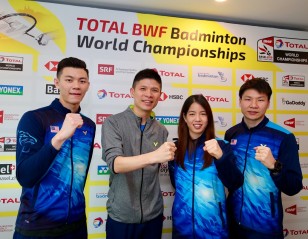
World Championships Draw Released 5 August 2019
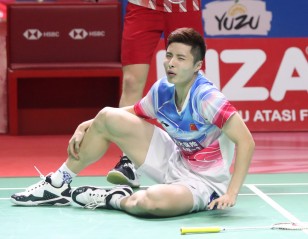
Marin, Shi Join Axelsen on Sidelines 5 August 2019
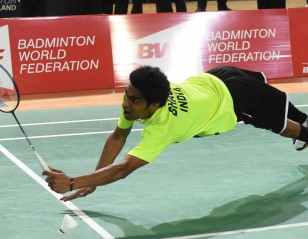
New Para Badminton Chapter Unfolds in Basel 1 August 2019
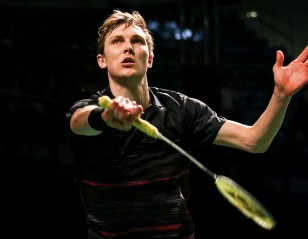
Injured Axelsen Withdraws From World Championships 31 July 2019
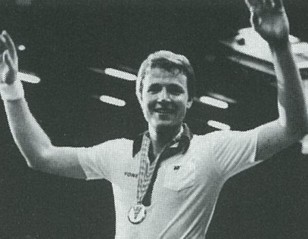
From Malmo to Basel – 25th Edition World C’Ships 30 July 2019
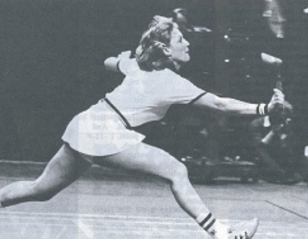
Famous Five and the Good Old Days – 25th Edition World C’Ships 19 July 2019
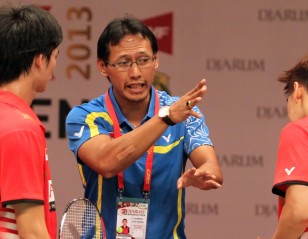
Revisiting a Hero: Sigit Budiarto 11 July 2019

History Beckons Zhang Nan 10 July 2019
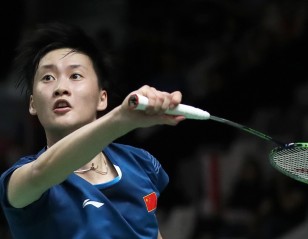
Chen To Lead China’s Charge 9 July 2019
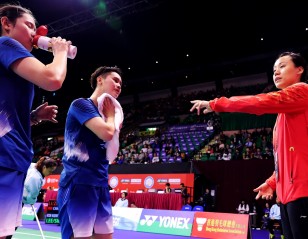
19 Days Left To Register for World Coaching Conference 26 June 2019
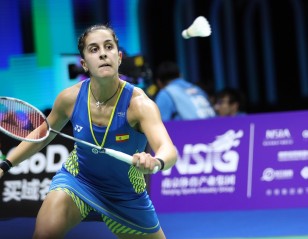
Marin on the Mend and Eyes Return 22 June 2019
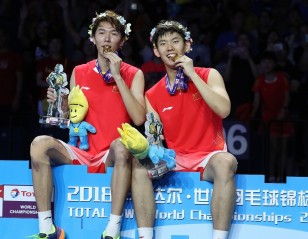
Two Months To Go – World C’Ships Countdown 19 June 2019
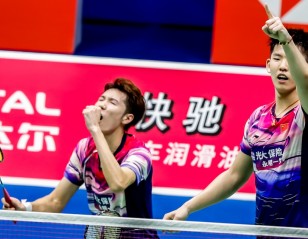
Li & Liu – Stepping Up When It Matters 7 June 2019
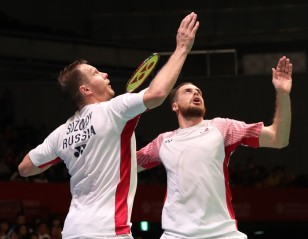
Ivanov & Sozonov Rekindle The Fire 3 June 2019
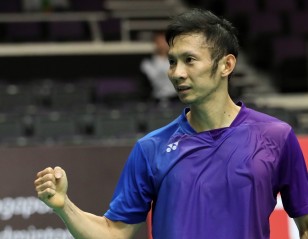
Tien Minh – Veteran Still Chasing His Dreams 2 June 2019
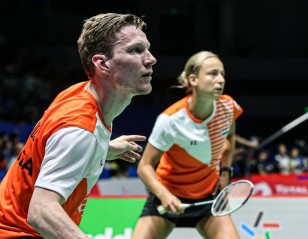
Confidence Boost for Dutch Duo 1 June 2019
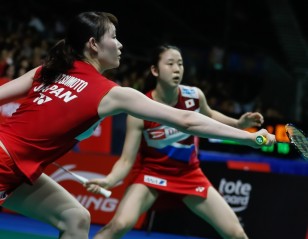
Matsumoto & Nagahara: Rapid Ascent to Pinnacle 8 May 2019
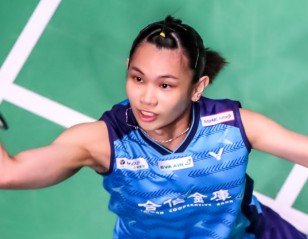
Tai Eases into Top Gear 25 April 2019
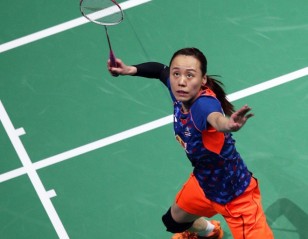
Zhao Yunlei Star Speaker at Coaching Conference 24 April 2019
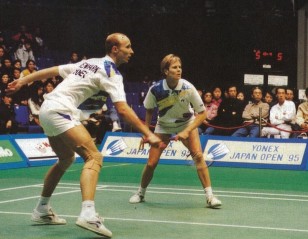
‘The Physical Level Has Gone Up’ 22 April 2019
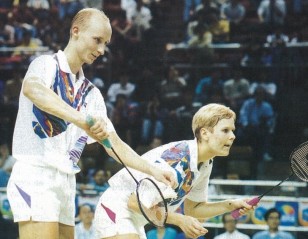
Memories of Lausanne 1995 20 April 2019
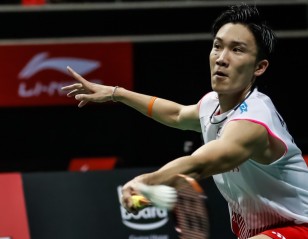
Momota Sets the Pace, but Speedbreakers Lurk 18 April 2019

BWF and Total Celebrate Five Years of Partnership 18 April 2019
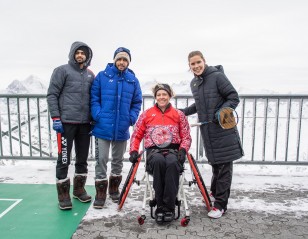
Badminton Thrust into Bright Lights – World C’Ships 13 March 2019

Gold and Glory for Arbi – Throwback ’95 World C’ships 19 February 2019

GoDaddy Extends Major Events Partnership with BWF 11 February 2019
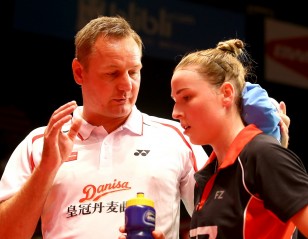
Star speakers assembled for BWF World Coaching Conference 2019 30 January 2019
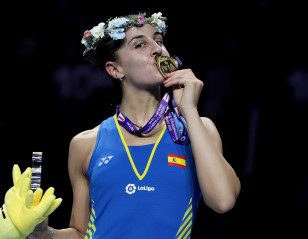
Singles Champions – Down the Ages 20 December 2018
